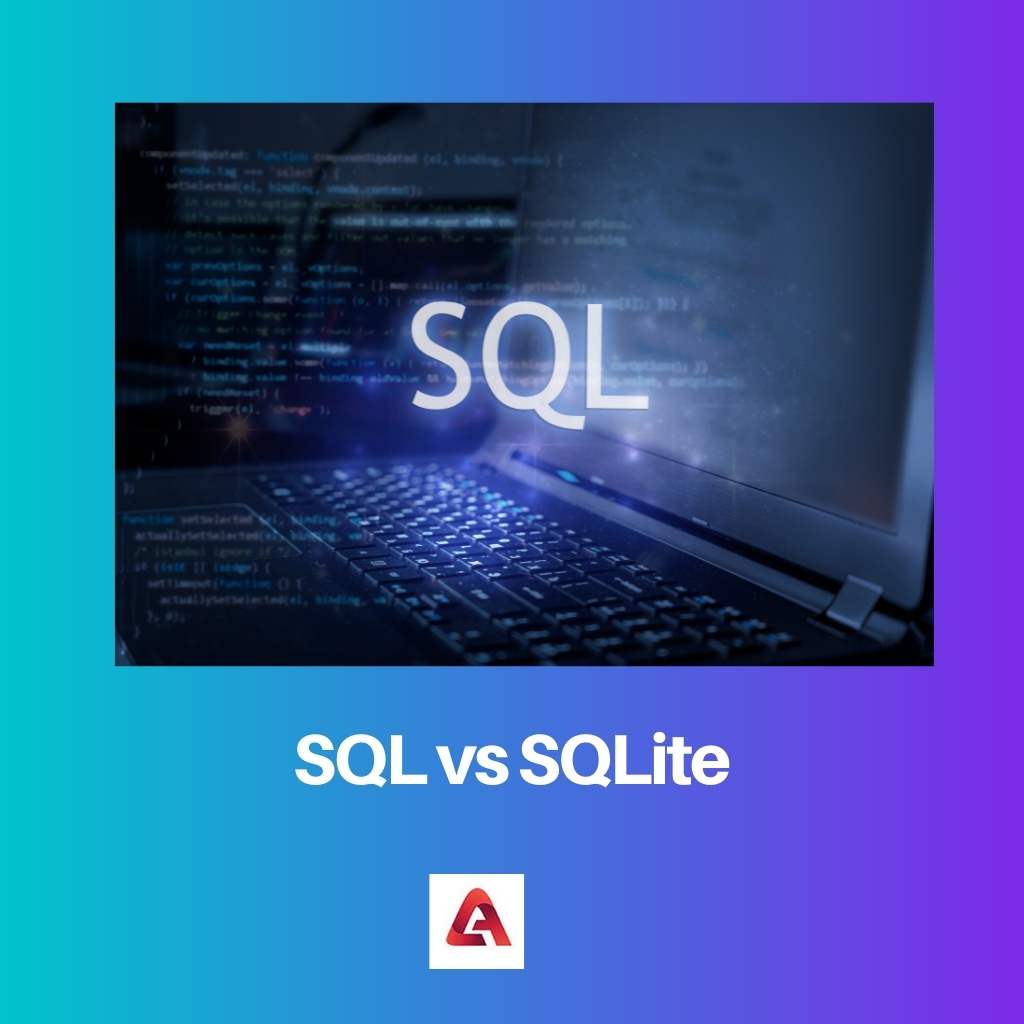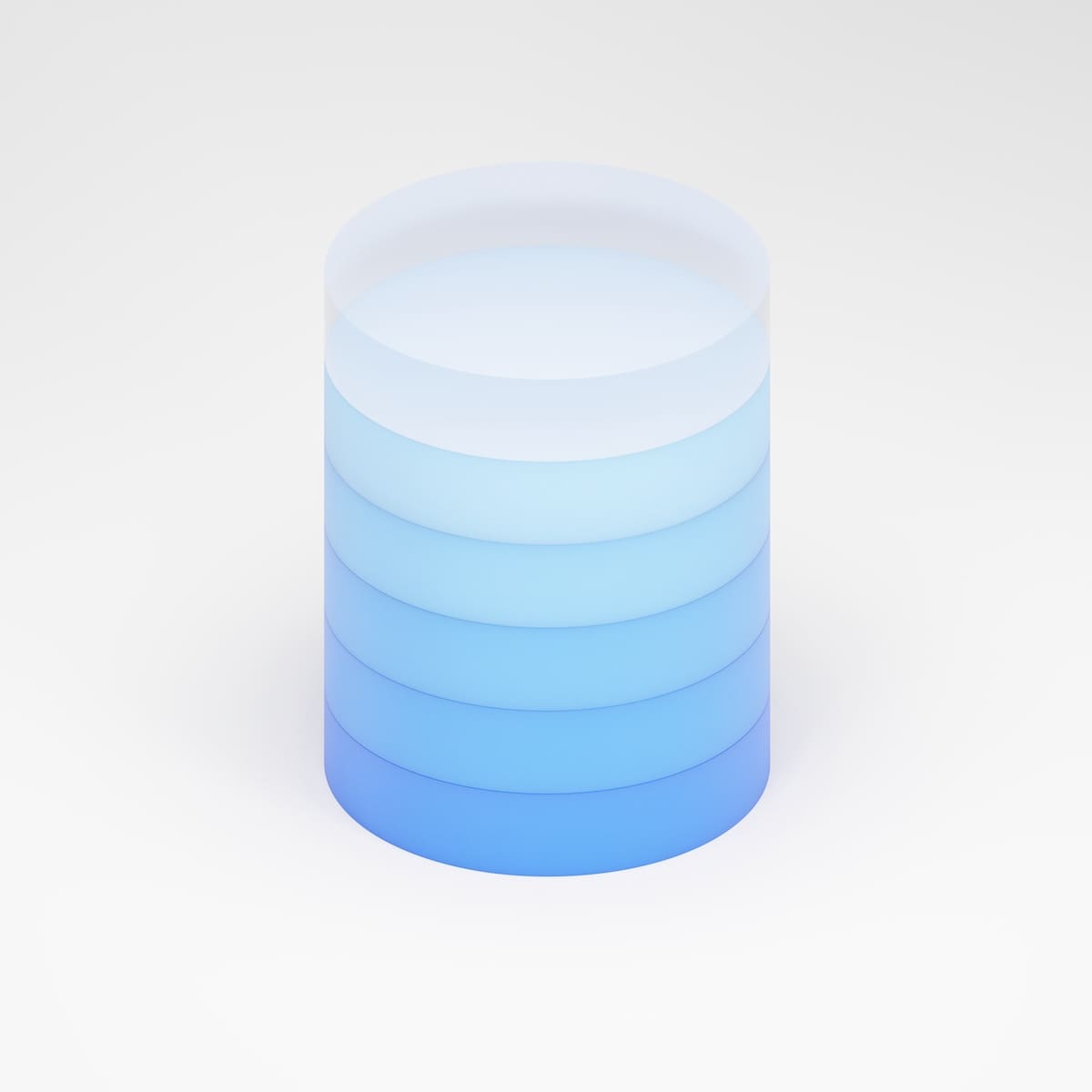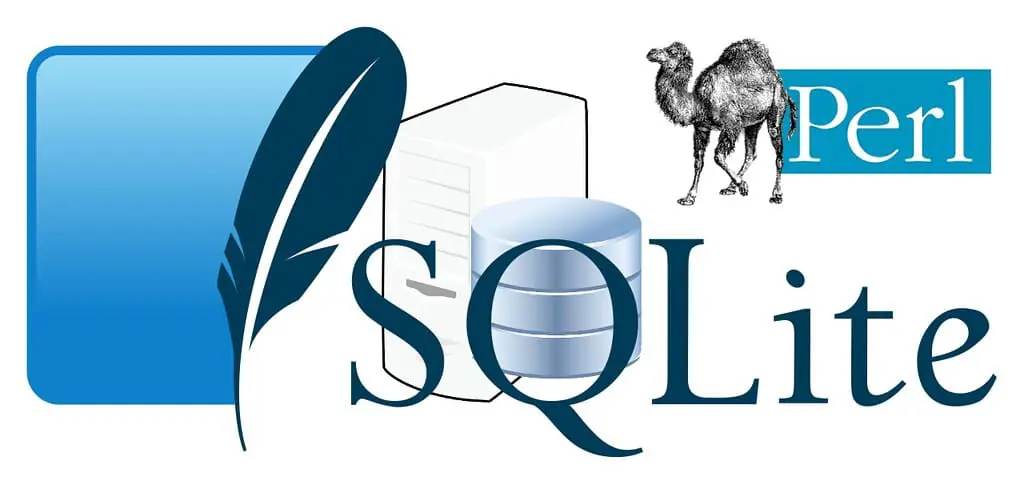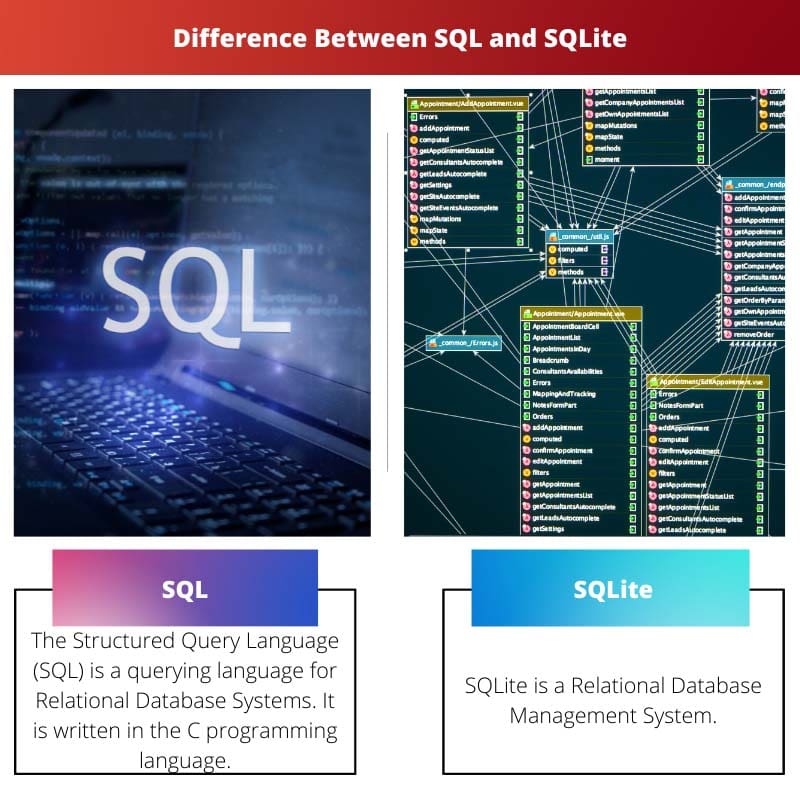SQL and SQLite are the two most widely used open-source database management systems in the community. Both have unique qualities that make them ideal for different scenarios.
Key Takeaways
- SQL is a Relational Database Management System, while SQLite is a software library.
- SQL has more advanced features and is suitable for larger databases, while SQLite is lightweight and ideal for smaller databases.
- SQL is used in enterprise applications, while SQLite is commonly used in mobile and desktop applications.
SQL vs SQLite
The difference between SQL and SQLite is that SQL stands for Structured Query Language, and it’s a query language that’s used with databases. SQLite is a database that may be moved around. It could be possible to add an extension to whichever computer language is used to access the database.

SQL is a query language that can be used to store and manipulate data in a database. It allows applications to handle organized and connected data to be implemented.
SQLite is an open-source and integrated relational database. SQLite was first published in 2000 and is intended to allow programs to handle data without the overhead associated with specialized relational database management systems.
Comparison Table
| Parameters of Comparison | SQL | SQLite |
|---|---|---|
| Definition | The Structured Query Language (SQL) is a querying language for Relational Database Systems. It is written in the C programming language. | SQLite is a Relational Database Management System. |
| Written In | SQL is written in the C programming language | SQLite is built in the ANSI-C programming language |
| Functionalities | To connect to and provide many features, a traditional SQL database must be launched as a service, such as OracleDB. | Such functions are not available in the SQLite database system. |
| Embedded | Embedded in server. | Embedded in the client. |
| Used | SQL is a query language that other SQL databases utilize. It is not a database in and of itself. | SQLite is a SQL-based relational database management system. |
What is SQL?
SQL is a computer language designed for developing and maintaining database management systems. It enables users to build a storage system for storing data such as customer information and transaction records from the website.
Since SQL is a powerful language that can handle large amounts of data, other activities can be used to simplify data management and retrieval.
SQL is built on relational algebra and tuple relational calculus, and as a result, it has numerous sublanguages, statements, and tools.

What is SQLite?
SQLite is a Relational Database Management System [RDBMS] that runs without the need for a database administrator. It’s file-based and self-contained, with a reputation for portability, low-memory speed, and dependability.
Whereas most Relational Database engines are built on a server architecture that allows a program to run on a host server and communicate with other processes to relay requests, SQLite is built on a serverless architecture that allows any process to read and write to the database disk files directly.
All apps that are meant to operate with SQLite do not need any additional configuration because of this feature; they need permission to access the disc, which streamlines the setup procedure.

Main Differences Between SQL and SQLite
- SQL is embedded in the server, whereas SQLite is embedded in the client.
- SQL is a query language that other SQL databases utilise. It is not a database in and of itself, whereas SQLite is a SQL-based relational database management system.



